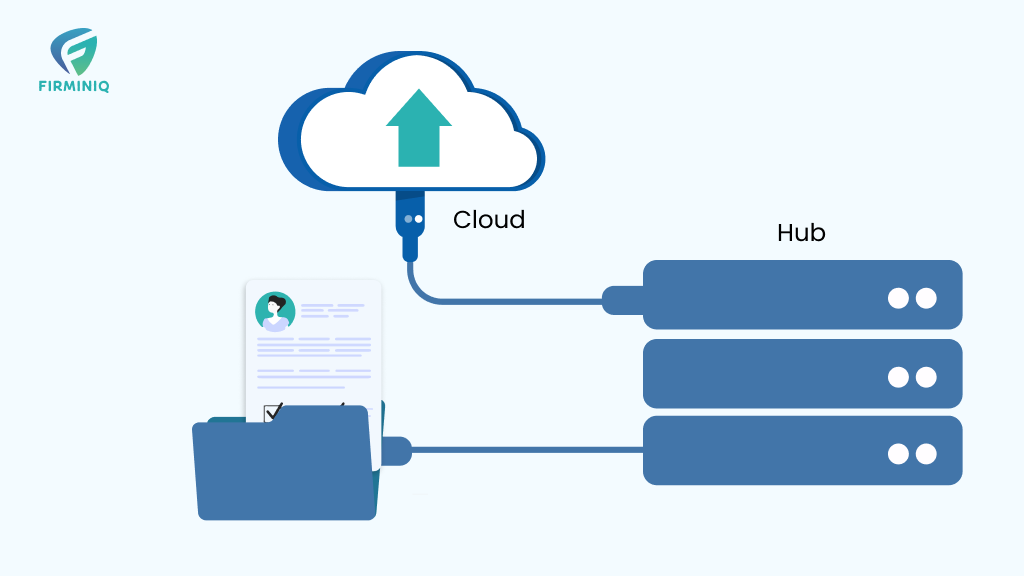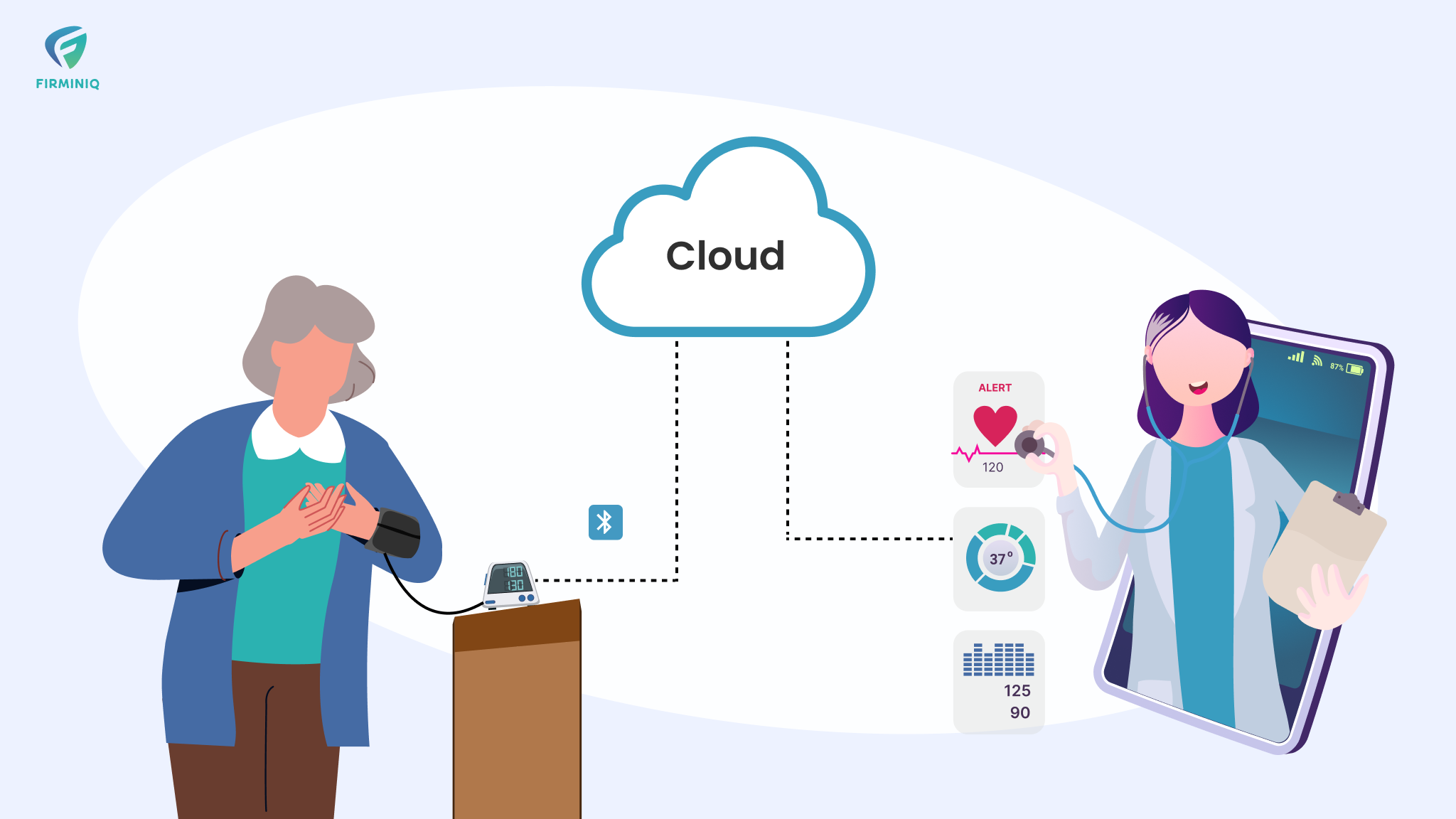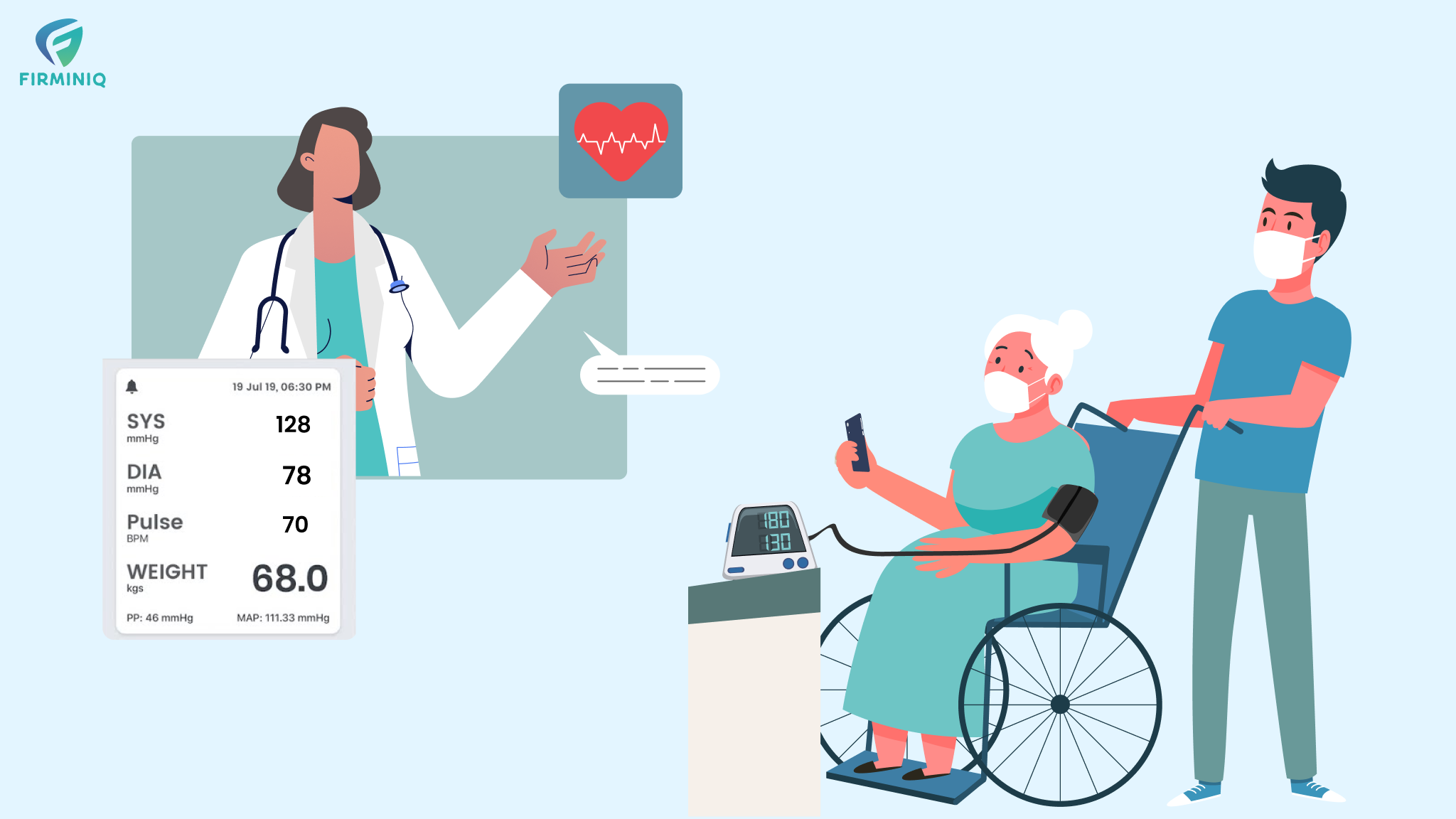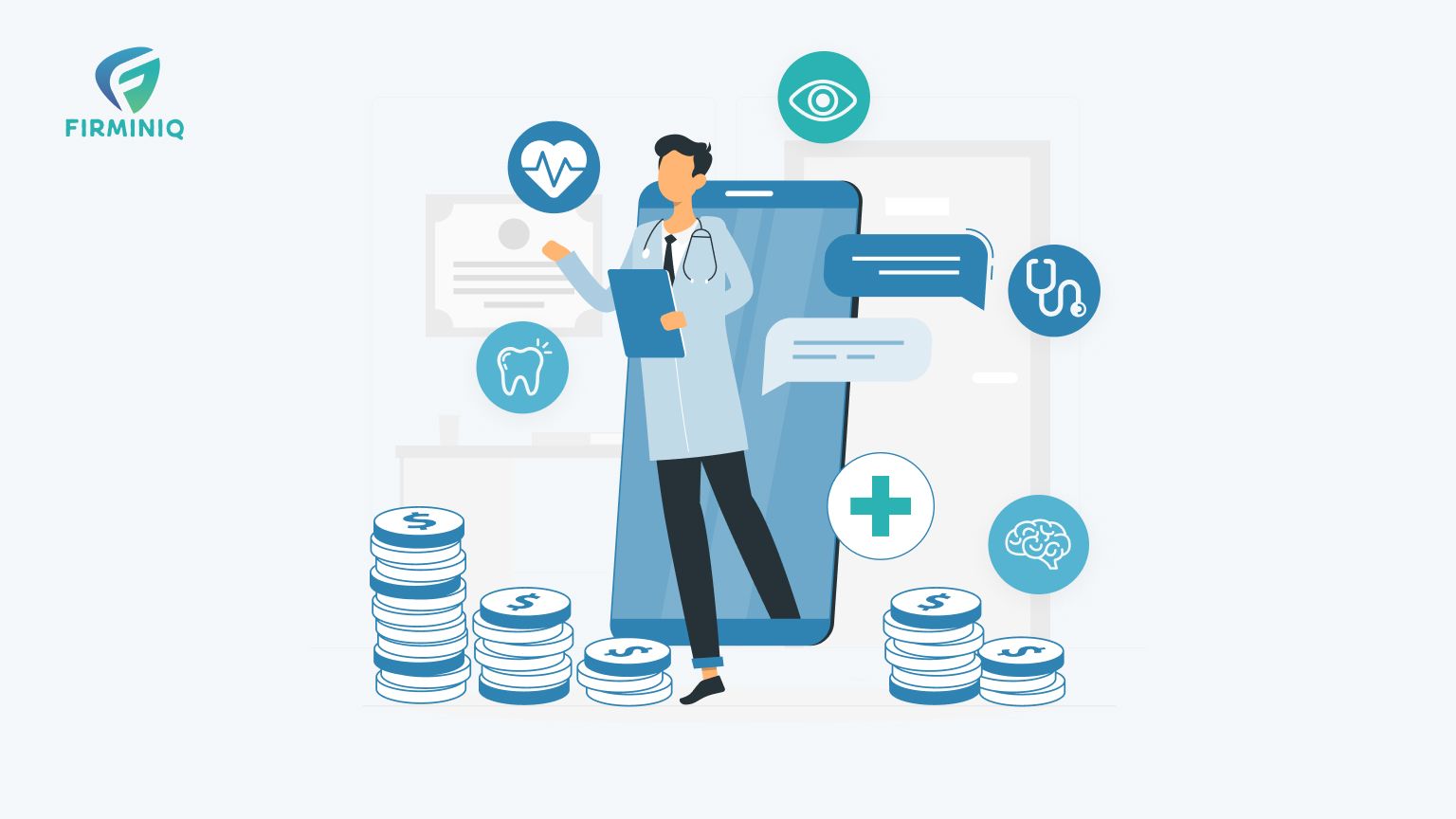The advent of IoT (Internet of Things) has transformed the connected healthcare sector, ushering in a new era of opportunities and possibilities. Industry is experiencing a change in thinking, exploring innovative solutions that bridge the gap between technology and patient care. Amidst the promise of enhanced efficiency and collaboration, concerns about data management remain.
Patient data security, accessibility, and efficiency are paramount, and therefore adoption of cloud technology has emerged as a transformative force. Moving healthcare operations to the cloud is one of the most strategic priorities that has the potential to revolutionize patient care, streamline processes, and enhance collaboration.
“The Healthcare Cloud Computing Market size is expected to grow from USD 44.15 billion in 2023 to USD 75.41 billion by 2028, at a CAGR of 11.30% during the forecast period (2023-2028).”- Mordor Intelligence
The stats clearly depict the growing demand for cloud solutions. The demand is driven by numerous factors that indicate its strong market requirement and reflects a positive outlook for healthcare cloud.
From improved data security and compliance to unparalleled scalability and innovative technologies, the cloud offers a myriad of benefits that are reshaping the way healthcare is delivered and managed. In this blog, we will delve into the top six compelling reasons why healthcare should be moving to the clouds.
Reasons Why Healthcare Should be Moving to the Cloud
Integrating cloud technology offers many advantages, addressing critical challenges faced by healthcare providers. Let us elaborate on the top benefits of cloud in healthcare:
1. Enhanced Data Security
Patient records, treatment histories, and sensitive medical information must be safeguarded against unauthorized access and cyber threats. As per SOPHOS, with just a little over a third of healthcare organizations reporting being hit by ransomware, healthcare fared slightly better than the global average across all sectors, which came in at 37% due to the wealth of patient sensitive information it contains.
Cloud offers encryption methods and multi-factor authentication to ensure that healthcare data is stored and transmitted securely.
By storing data in the cloud, healthcare providers can establish robust access controls, limiting who can view or modify patient information. Regular security updates and compliance with industry regulations, such as HIPAA (Health Insurance Portability and Accountability) in the United States, further bolster data security. In the event of a security breach or data loss, cloud providers often have stringent disaster recovery mechanisms in place, ensuring that critical healthcare data can be swiftly restored, minimizing downtime and potential risks to patient care.
2. Efficient Data Management
Managing vast amounts of healthcare data efficiently is a challenge faced by healthcare organizations. Cloud technology revolutionizes data management in healthcare by providing scalable, centralized, and user-friendly solutions.
With cloud-based Electronic Health Records (EHR) systems, healthcare professionals can access patient data in real-time, regardless of their location. This accessibility ensures quick decision-making, leading to improved patient outcomes and streamlined care processes.
Moreover, cloud solutions facilitate interoperability, allowing different healthcare systems and applications to exchange data effortlessly. This interoperability ensures that patient information flows smoothly between departments, healthcare facilities, and even different healthcare providers, enhancing the continuity of care.
3. Scalability and Flexibility
Cloud platforms have the capability and offer healthcare providers the flexibility to scale up or scale down the resources instantly as per their need. From accommodating the fluctuations in the patient data, scaling up the power of medical research, supporting the timings, cloud services can be adjusted as per the demand. Flexibility ensures that healthcare facilities maintain optimal performance and responsiveness. Healthcare professionals can securely access patient data from various devices, facilitating efficient collaboration and enabling timely decision-making.
Also, cloud solutions enable healthcare organizations to experiment with the latest technologies and applications without worrying about the upfront cost. The agility ensures more innovation. For instance, it allows them to explore technologies like telemedicine, remote patient monitoring, and more.
4. Disaster Recovery and Redundancy
Cloud service providers implement automated backup systems that create copies of healthcare data at regular intervals. These backups are stored in geographically diverse locations, ensuring that data remains safe even if one data center is compromised. Also, it employs data replication techniques, where data is duplicated and stored across multiple servers or data centers. If one server or data center fails, the system can seamlessly switch to a replica, minimizing downtime.
So, if by any chance there is a hardware failure or disaster, services can be switched to backup location ensuring continuity of care. This rapid recovery capability minimizes downtime and ensures healthcare services are uninterrupted even in the face of unexpected events.
5. Cost-Efficiency
“A leading health care provider saved $50 million, which is 20% of its total operating budget for annual information technology (IT) spend, by moving its applications and data to the cloud.”- Deloitte
Cloud services mostly operate on a subscription-based model, allowing healthcare providers to pay for the resources they use, optimizing IT spending. Healthcare organizations can budget effectively, knowing the exact costs of their cloud services. This predictability is crucial for financial planning and ensures that resources are allocated efficiently.
6. Innovation and Collaboration
Cloud technology fosters innovation in healthcare by enabling the utilization of vast amounts of data. By centralizing data storage and processing capabilities, it provides a platform for experimenting with emerging technologies like artificial intelligence, machine learning, and big data analytics. Healthcare professionals and researchers can leverage these tools to gain insights, develop personalized treatment plans, and advance medical research.
Cloud-based collaboration tools promote seamless communication and information sharing among healthcare professionals. Whether it is real-time consultation, sharing diagnostic reports, or collaborative decision-making, cloud platforms enhance teamwork and lead to more effective patient care.
Concluding Thoughts
Cloud in connected healthcare is one of the most effective strategies that promises to revolutionize patient care while driving innovation. With improved data security, efficient management, scalability, and ability to foster innovation, cloud offers success for the future of healthcare. Embracing cloud is not just an option, it is a vital step toward a more efficient, secure, and patient-centric healthcare system. Reach out to FIRMINIQ for more details about our AWS cloud services.
Feel free to share your thoughts, and we will be happy to assist you further.








